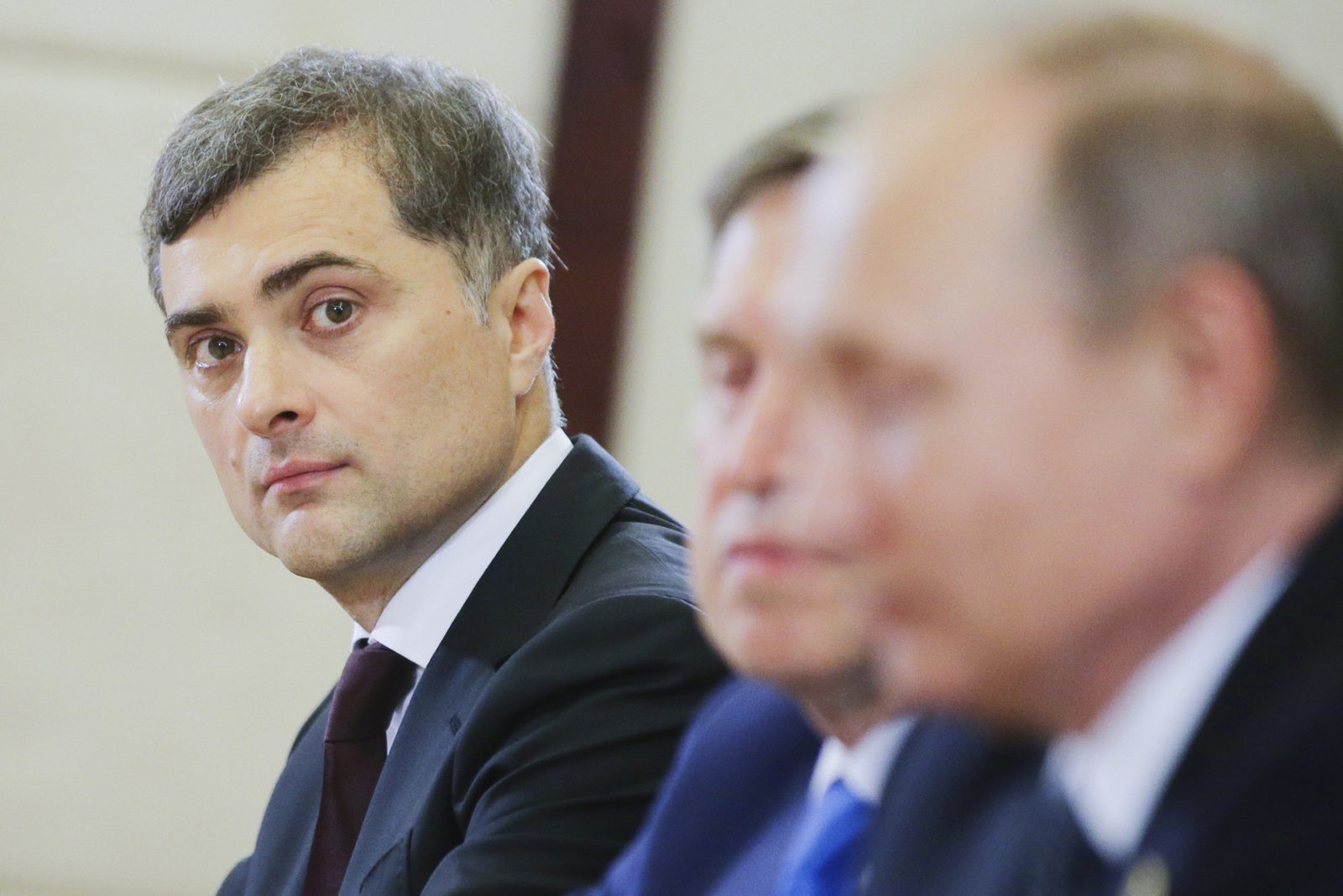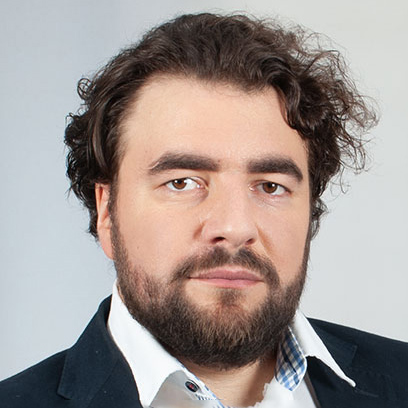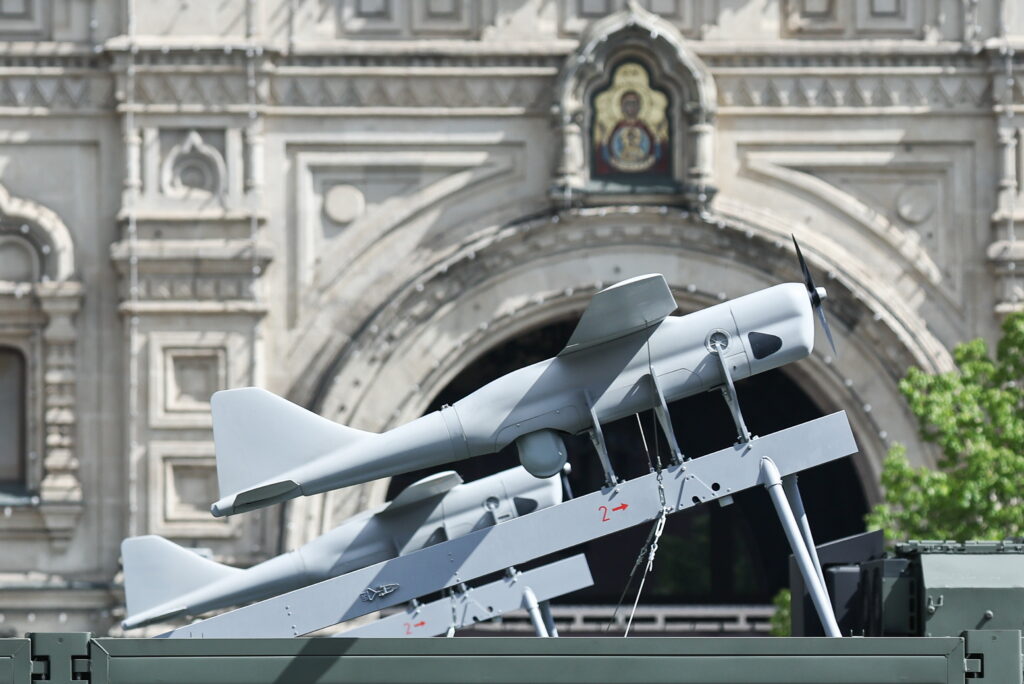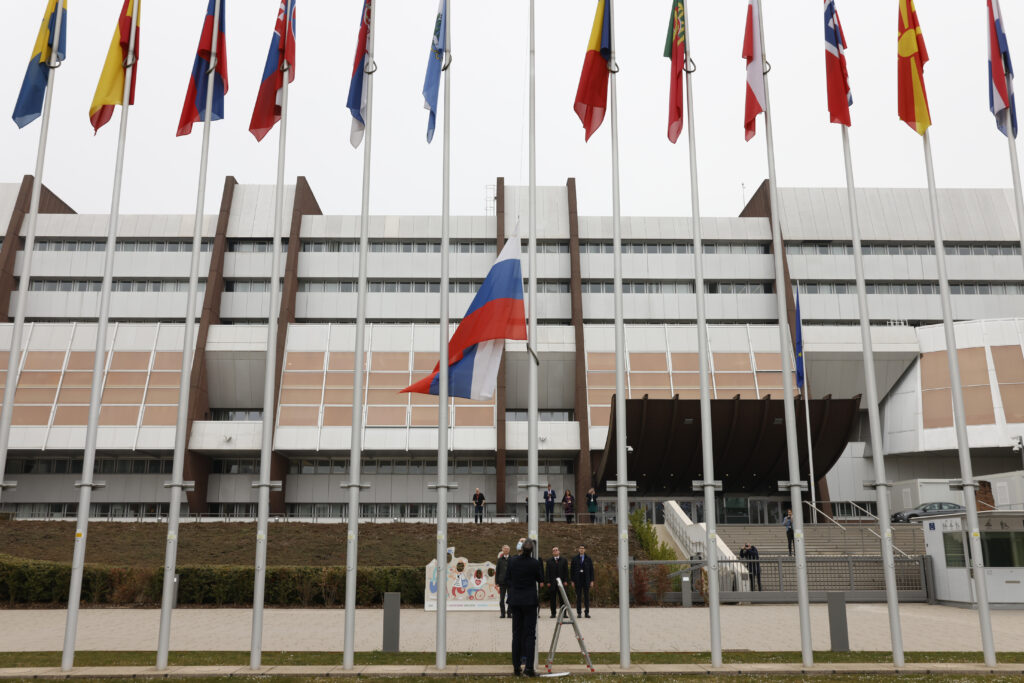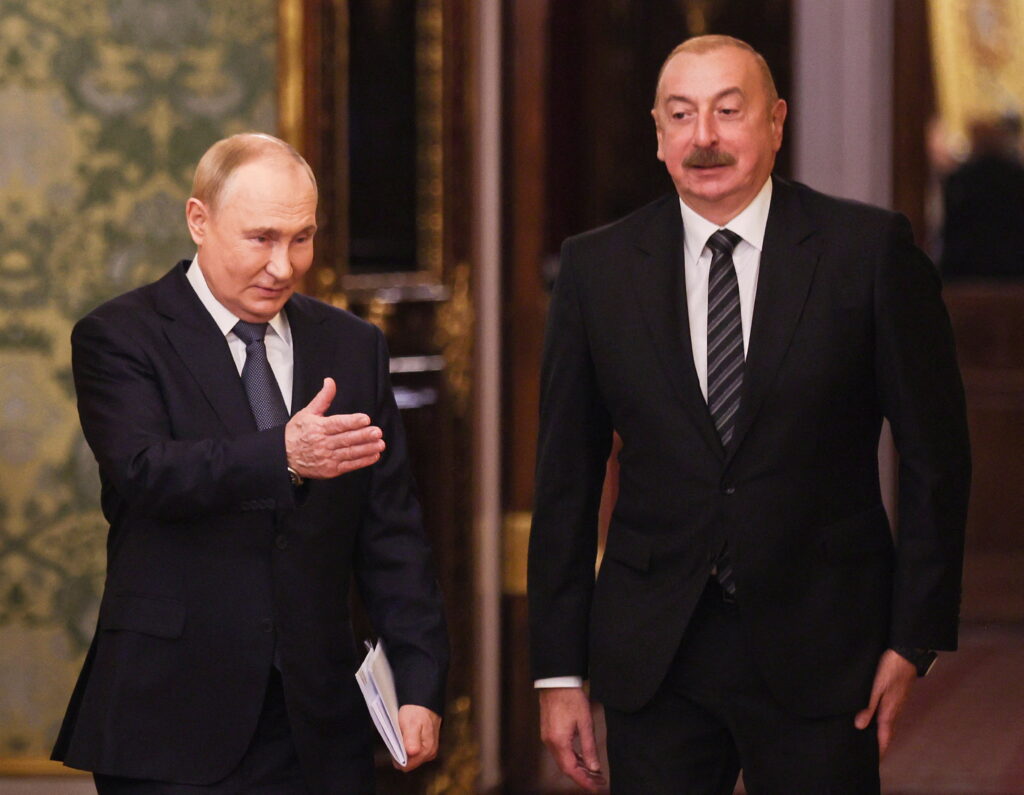It does not matter if Vladislav Surkov resigns from the post of aide to the president or not. There is no point discussing whether he will cease to be a curator of the puppet republics of Donbas. Russian policy on this front is determined personally by Vladimir Putin.
The director of the Center for current policy, Alexei Chesnakov, often speaking as the mouthpiece of Vladislav Surkov, has said that the presidential aide intends to resign. The decision is allegedly made and will not change. The reason announced is a change in the Kremlin’s course towards Ukraine. There is a clarification added to this statement, according to which the presidential aide intends to “meditate a month” after resignation.
Chesnakov wrote about this on social media the day after Dmitry Kozak, former deputy prime minister of the resigned government of Dmitry Medvedev, was appointed the new deputy head of the presidential administration. Such a reaction of Surkov and his entourage to this decision of the president is expected. Throughout 2019, Surkov openly competed with Kozak for influence on negotiations with Ukraine on a peaceful settlement of the conflict in the Donbas. And he apparently lost because the presidential aide would not have acted like this if he hadn’t been sure that the negotiations would be transferred to Kozak’s area of responsibility.
It is Surkov’s public reaction to the appointment of the new deputy head of the presidential administration that confirms – the Minsk agreements, the “Normandy Format”, and maybe the “bilateral” format in the United States will go to Kozak’s area of responsibility. Does this mean that Russian policy towards Ukraine is changing?
So, what’s with Donbas?
In order to answer the question whether the course change really began, you need to look at what happens to the puppet Lugansk and Donetsk people’s republics, which Surkov, in addition to various negotiation formats for Ukraine, oversees in the Kremlin. The direct curators of these territories work in the presidential administration, in the Presidential Directorate for Cross-Border Cooperation, which is supervised by Vladislav Surkov, as an assistant to the head of state. The head of this department is Alexei Filatov. Rumors have already started to circulate about him that he is also “packing boxes”.
If his resignation occurs, this will be the first serious signal. Moreover, regardless of whether Surkov leaves or remains. After all, having remained, he can simply change his sphere of activity, for example, switch to the upcoming elections to the State Duma, which, along with the rest of domestic politics, he oversaw for a long time as the first deputy head of the Kremlin administration.
Another important marker is the situation in Donetsk and Lugansk. If a new change in the formal leaders of puppet republics occurs, this will be another important signal.
The third sign of impending change is a sharp change in the situation with the issuance of Russian passports to people living in the Ukrainian territory, which is now controlled by the LPR and the DPR. So far, there have been no serious jumps in the number of documents being processed. According to the Russian Ministry of Internal Affairs, at present, according to a simplified procedure, Russian citizenship has drawn up about 227 thousand residents of territories not controlled by Kyiv.
This figure slightly exceeds the estimated number of militants themselves, employees of the puppet republic administrations and members of their families in the LPR and DPR combined. In other words, people, a significant part of whom may have to be taken to Russia for their safety, if these territories come back under the control of Kyiv.
Thus, the conditional “point of no return” has not yet been passed, as was the case in Abkhazia and South Ossetia, when most of the inhabitants there received Russian citizenship. But if the process suddenly doesn’t magically stop soon, then at the rate of receiving 1-1.5 thousand applications a day by the Russian Ministry of Internal Affairs, already in 2020, reversing this process will be problematic, even if Kremlin would really want to. Then we will have to talk about the inevitable permanent Russian presence, even if Lugansk and Donetsk are returned to Ukrainian control. Not to mention the possibility of “including” these territories in Russia.
Vladimir Putin’s Ukraine
The contradictions between Dmitry Kozak and Vladislav Surkov were openly confirmed by Alexei Chesnakov back in the summer in an interview with his own publication “Actual Comments”. According to him, the then deputy prime minister, and now the deputy head of the Kremlin administration, sees the situation, the negotiations and their potential results through the prism of Russia’s economy and expenses for the maintenance of Donetsk and Lugansk, as well as potential costs for the restoration of the territories destroyed by the war. Surkov thinks ideologically.
However, in the same interview, Chesnakov directly says that all these contradictions are significant until Vladimir Putin made the decision. “First of all, they both work for President Putin,” said Chesnakov. “And both will end up doing what he says.” Well, they have “the opportunity to show their preferences” only until he has made a final decision. And this is a very honest description of Russian political reality.
Based on a blatant statement made by Chesnakov, it is clear that Surkov’s resignation would be a sign that Vladimir Putin did make a choice. And, obviously, in favor of the economy and direct negotiations with Ukraine, which would be a recognition by the Kremlin of Ukraine’s subjectivity. No wonder then that the Russian president, during his December press conference, suddenly started talking about the current Ukrainian identity.
A new path to an old goal
The problem is that adjusting attitudes towards Ukraine means only tactical changes. This is a transition to a more realistic view of it from the Kremlin as a country that has resisted, contrary to the forecasts of the ideologists of the Novorossiya project, among whom was Surkov as well.
But there is no question of a change of purpose – the absorption or at least submission and return of Kyiv to Moscow’s sphere of influence. Donbas remains an “anchor”. Moreover, not only in the event of its return to Ukraine or the preservation of puppet states there but even if it is annexed by Russia. No Ukrainian government would dare to abandon the demand to return these occupied territories (in addition to Crimea). So, the Ukrainian authorities themselves will legislate their territorial inferiority, as it was again the case with Crimea.
Well, with such baggage you can’t talk about joining NATO, even in the long term, which was most feared in Moscow before. The Kremlin is ready to wait, now they realized that the Ukrainian identity is firmer than it seemed and “buying it”, as in the good old days, is more realistic than capturing it by force. This is what the Kremlin negotiators, assistants, and propagandists will do now. Regardless of who will be the “face of the Kremlin” in these negotiations.
Whoever it is, he is still a performer of someone else’s will. For the outside world, this person is as insignificant as the debates of Kremlinologists about whether this is a specific person named Vladimir Putin or the so-called “collective Putin”. Real actions are always more important than the scenery.
